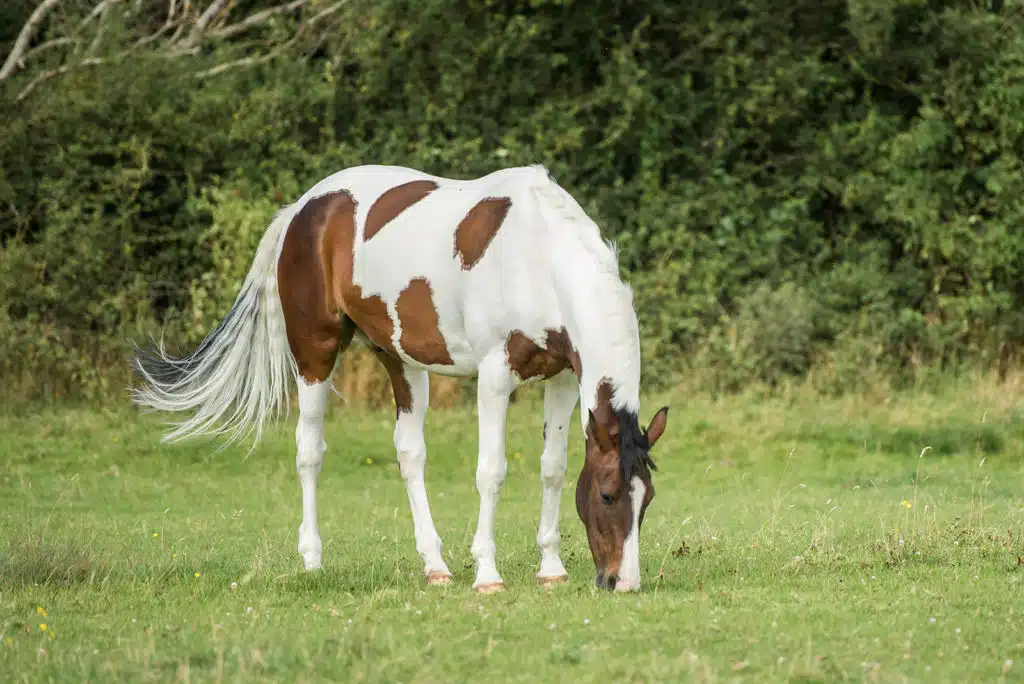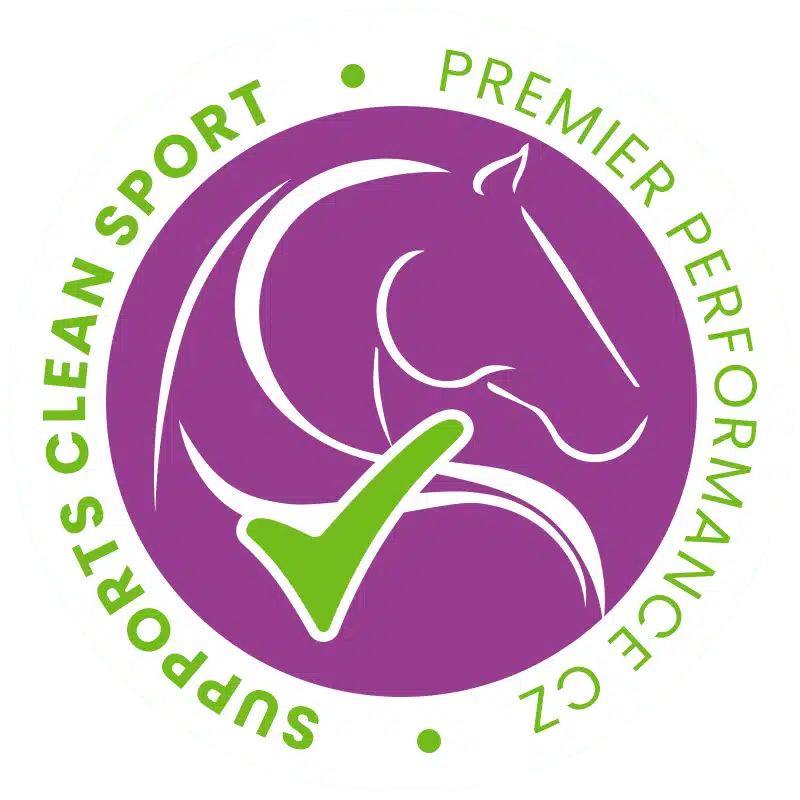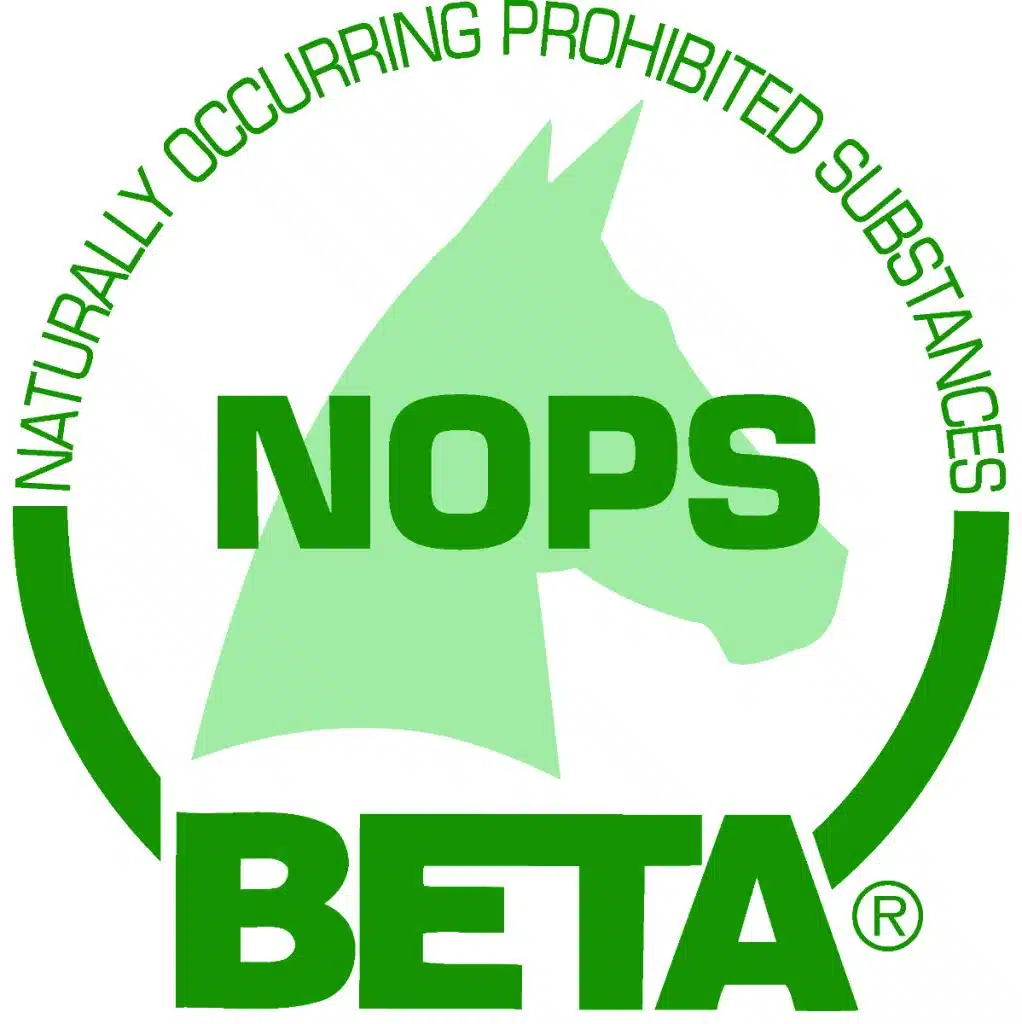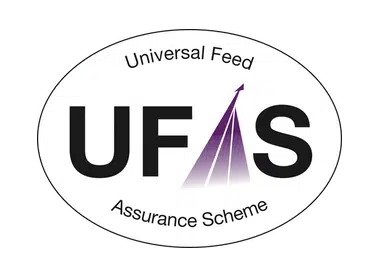As we are now experiencing spring weather, it’s important to consider how changes in the environment and management can affect our horses. At this time of year, especially given recent lockdown restrictions it is highly likely that the feeding and management of many horses may have altered. This article discusses some of the key considerations around supporting your horse in spring to meet their nutritional needs and to promote/maintain good health.
Environmental and management changes in springtime
Now that the weather has improved you may be turning your horse out for longer periods of time or even 24/7. This is a change in management and feeding as your horse will go from being stabled and fed forage to being at pasture and having access to grass. Whilst that is good for the horse’s welfare to have more turnout, it is advisable that this is built up gradually as a sudden change of this type can also increase the risk of colic. Furthermore, if you have gradually moved from stabling to 24/7 turnout then it’s also important to remember that pasture constantly changes in response to the environment and therefore whilst you may not change anything in terms of their management, the changes that are taking place in the pasture can be dramatic at times and this can impact on your horse’s gut health.
Water soluble carbohydrate (WSC) levels in spring pasture
Another consideration associated with pasture at this time of year is the water-soluble carbohydrate (WSC) content. It is well known that WSC levels are higher at certain times of the year (spring/summer) and under certain conditions. The current climate in the UK, which is bright sunlight and dry conditions means that the WSC content of pasture is likely to be high. This is because plants produce sugars when sunlight is available, which they use for growth, but when there is a limited water supply then growth is limited, and this results in high levels of WSC being stored in the grass. Fructans are a component of the WSC fraction of grasses, but horses do not produce any enzymes in the small intestine to digest fructans and instead these rapidly fermented sugars pass to the large intestine where they can disrupt the hindgut environment in the same way a large amount of undigested starch would. Large intakes of fructan can increase the risk of your horse developing colic; therefore, a sudden change from being stabled to being turned out 24/7 coupled with a high WSC content of pasture substantially increases you horse’s risk of colic and other issues, such as laminitis.
Bodyweight and condition
Horses that are overweight, are insulin-resistant, or have equine metabolic syndrome (EMS) are at much greater risk of developing laminitis at this time of year. Other conditions, such as pituitary pars intermedia dysfunctions (previously known as Cushing’s disease) are also at greater risk of developing laminitis when grazed on lush pasture. Therefore, pasture management at this time of year is important; avoid allowing pastures to become overgrown by grazing them appropriately or cutting. If cutting, then always ensure that the cut grass is removed from the field before horses are grazed on it.
Monitoring your horse’s weight and body condition is important (see previous article on this). If your horse is overweight then limit access to pasture at times of the year when the WSC content is likely to be higher (e.g. spring/summer), either by stabling and providing forage, using electric fencing to reduce the access to larger areas of pasture and/or consider the use of a grazing muzzle. If a grazing muzzle is used to manage pasture intake, then ensure your horse can drink whilst wearing it and be aware of possible behavioural issues within the herd. Turnout should be at times when the sugar content of the grass is lowest, which is late nights and early morning. When monitoring body condition, remember to assess if there are any areas of regional fat deposition; for example, does your horse have a ‘cresty’ neck, which can be a risk factor for insulin-resistance or laminitis (see previous article on bodyweight and condition).
Other considerations surrounding your horse's pasture
Another consideration related to pasture is grass sickness, which is more likely to occur in horses during the spring months, although keep in mind that it can happen at any point in the year. If you have had a case of grass sickness on your yard, then it is advisable to limit access to pasture during the spring/summer by stabling your horse for some part of the day and providing forage. It is also important to ensure your horse has access to clean, fresh water at all times. If automatic drinkers are used, then check that they are working.
Nutritional supplements
As we have discussed previously, maintaining a healthy gut is vital in horses and therefore it is recommended that a yeast supplement is fed to support gut health. This is particularly important at times of change, e.g. changes in management and pasture in spring, and also in horses that are at a higher risk of developing conditions such as colic, laminitis or grass sickness. Another aspect of moving to the spring is the warmer weather and if you are riding your horse more at this time then it may be advisable to feed an electrolyte supplement when it is warmer weather and your horse will be sweating even more during exercise. Whilst pastures in the wild would have contained a diverse range of plants, domestic pastures (also known as improved pastures) tend to have less plant diversity and are often dominated by a single plant species. Therefore, for horses kept at pasture 24/7 and/or for those stabled for part of the day and fed forage, it’s important to provide a vitamin and mineral supplement.
Summary
- Make any dietary changes gradually, including moving from stabling to pasture.
- Regularly monitor your horse’s bodyweight and body condition.
- Consider the use of a yeast supplement that can help maintain gut health.
- Feed a good quality vitamin and mineral supplement.
- Ensure your horse is receiving enough electrolytes in their diet.
- If you are at all concerned about your horse’s health, consult your veterinarian.
Article written for Premier Performance by Professor Jo-Anne Murray.








